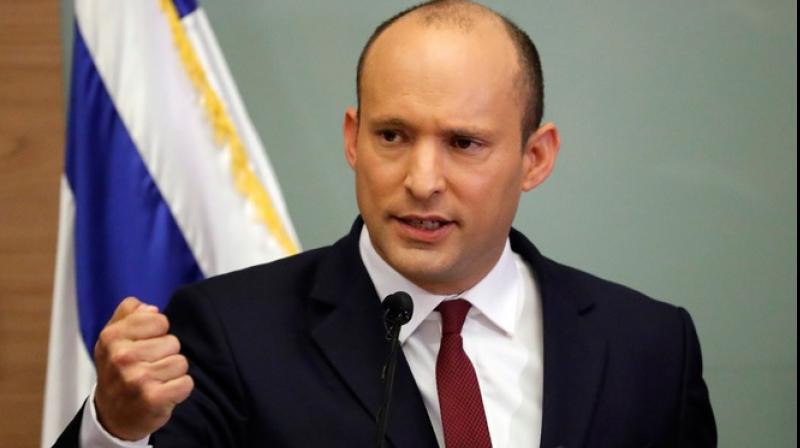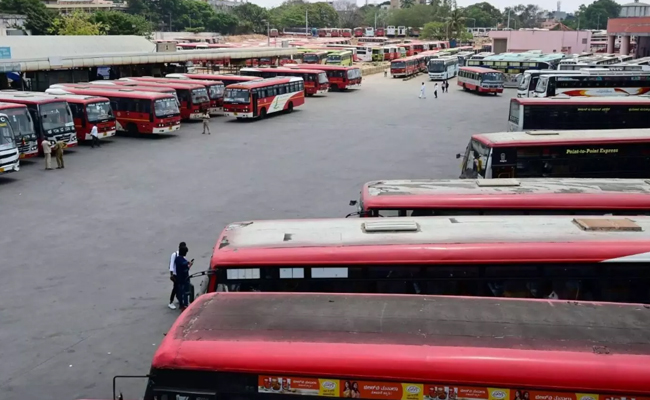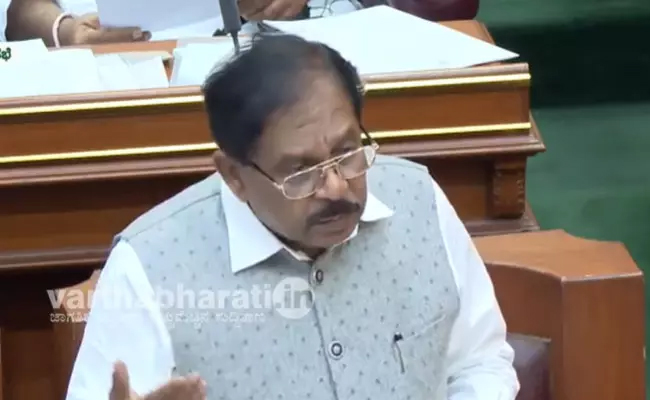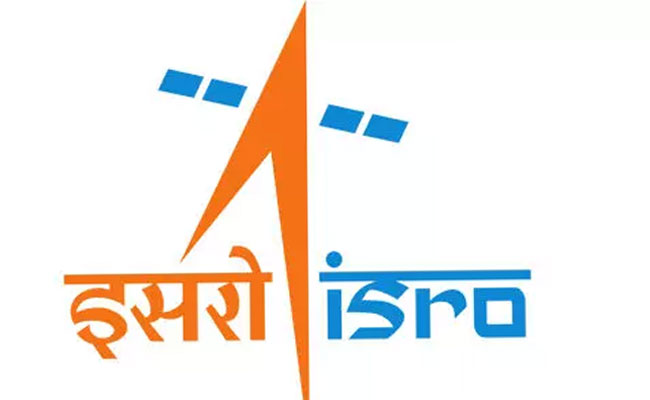Jerusalem, Mar 29: Israeli Prime Minister Naftali Bennett, who contracted COVID-19, has postponed his maiden trip to India planned for next week, his office said on Tuesday.
Bennett, 50, was scheduled to visit India from April 3 to 5 to mark the 30th anniversary of the establishment of diplomatic relations between the two countries.
"Prime Minister Bennett's trip to India has been postponed and will be rescheduled," his office said in a brief statement.
Bennett tested positive for COVID-19 Sunday. His office said the Prime Minister is "feeling well and will continue to work from home."
"We regret to inform you that the visit of H.E. Mr. Naftali Bennett, Prime Minister of the State of Israel, to India has been postponed due to Covid-19. The Prime Minister has tested positive for coronavirus," Ambassador of Israel to India Naor Gilon said in a separate statement.
It was not immediately clear when the trip would take place.
"We are working with our Indian partners on another date for the visit as part of the celebrations of 30 years of Diplomatic Relations between the countries as well as 75 years of India's independence. Israel will continue to strengthen its robust friendship and growing partnership with the people of India," Gilon added.
The premier's postponement came a day after Defence Minister Benny Gantz also put off his planned visit to India due to the volatile security situation in Israel, after two deadly terror attacks claimed the lives of six Israelis within days, The Times of Israel newspaper reported.
The maiden visit of Bennett who became prime minister in June last year was also aimed at expanding the cooperation between the two countries in the areas of innovation and technology, security and cyber, and agriculture and climate change.
"I am delighted to pay my first official visit to India at the invitation of my friend, Prime Minister (Narendra) Modi, and together we will continue leading the way for our countries' relations," Bennett had said while announcing his visit last week.
"Modi restarted relations between India and Israel, and this is of historic importance. The relations between our two unique cultures the Indian culture and the Jewish culture are deep, and they rely on deep appreciation and meaningful collaborations," he had said.
The two leaders had first met on the sidelines of the UN Climate Change Conference (COP26) in Glasgow in November last year during which they reviewed the bilateral ties besides exchanging views about expanding cooperation in areas of high-technology and innovation.
India and Israel elevated their bilateral relations to a strategic partnership during the historic visit of Prime Minister Modi to Israel in July 2017.
Since then, the relationship between the two countries has focused on expanding knowledge-based partnership, which includes collaboration in innovation and research, including boosting the 'Make in India' initiative.
Prime Minister Bennett has earlier described the "deep relationship" between India and Israel as one coming from the heart and not being about interests and urged Prime Minister Modi to work together to take the bilateral ties to "a whole new level".
Though India recognised Israel in 1950, full diplomatic relations were established in 1992.
Let the Truth be known. If you read VB and like VB, please be a VB Supporter and Help us deliver the Truth to one and all.
Bengaluru: The Karnataka State Road Transport Corporation will operate 1000 additional special services in view of the Christmas festival.
In addition to the existing schedule, the special services will run on 19.12.2025, 20.12.2025 and 24.12.2025. Further, special buses will be operated from various places of intra & Interstate places to Bengaluru on 26.12.2025 & 28.12.2025.
Special buses will be exclusively operated from Bengaluru Kempegowda Bus Station to Dharmastala, Kukkesubramanya, Shivamogga, Hassan, Mangaluru, Kundapura, Shringeri, Horanadu, Davangere, Hubbali, Dharwad, Belagavi, Vijayapura, Gokarna, Sirsi, Karwar, Raichur, Kalaburagi, Ballari, Koppala, Yadgir, Bidar, Tirupathi, Vijayawada, Hyderabad and other places.
ALSO READ: Bengaluru: Shopkeeper stabbed for refusing to serve free panipuri
Special buses from Mysuru Road Bus Station will be exclusively operated towards Mysuru, Hunsur, Piriyapatna, Virajpet, Kushalanagar, Madikeri.
The corporation has also announced a discount of 5 per cent on the fare if four or more passengers book tickets under a single reservation. A discount of 10 per cent will be extended on return journey tickets if onward and return tickets are booked simultaneously.
In addition to the above, special buses will be operated from all Taluk/District Bus Stands in the jurisdiction of KSRTC based on the traffic needs.





